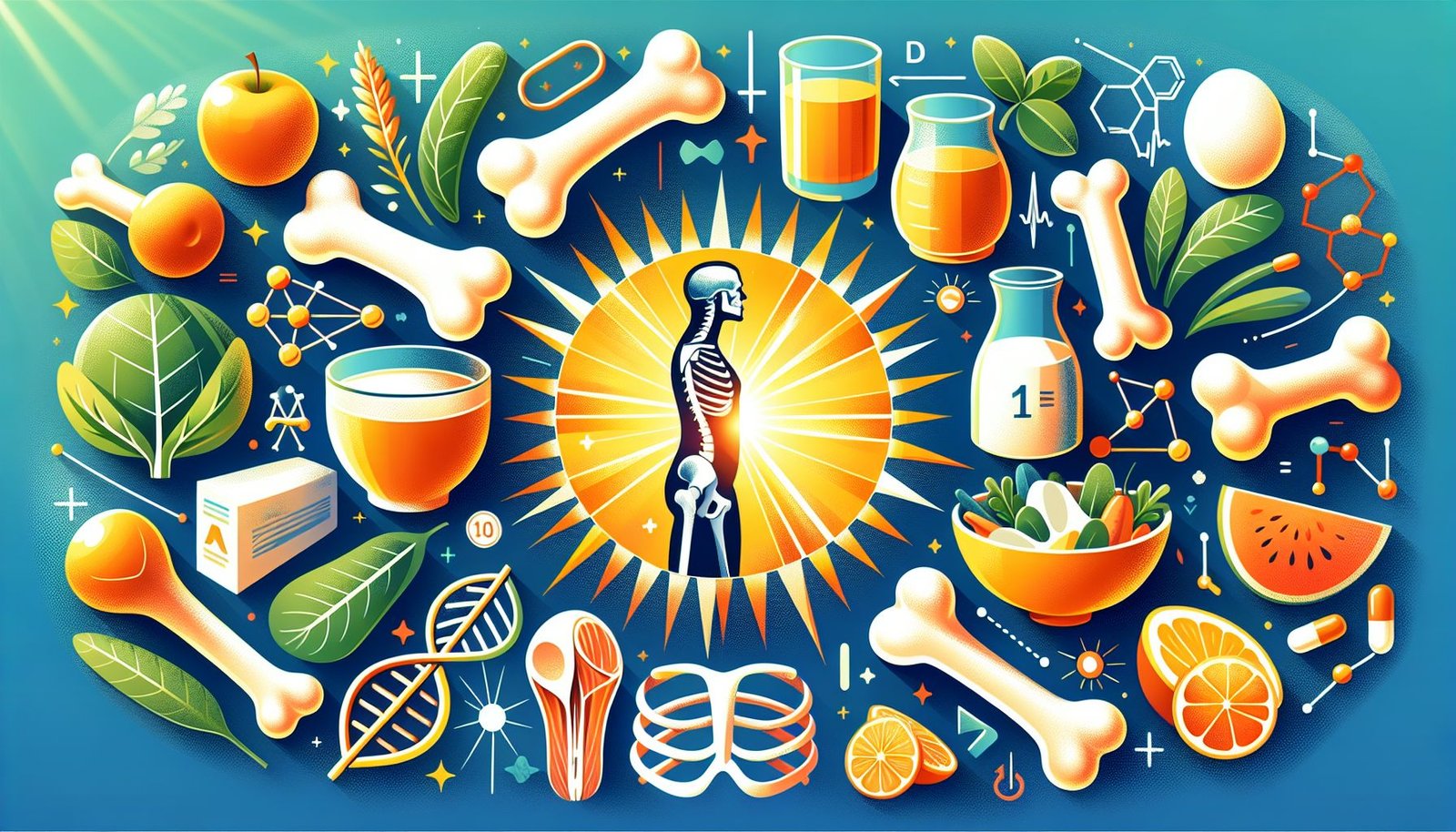Healthy Bones: Your Guide to Stronger, Resilient Bones

Understanding Healthy Bones: Your Comprehensive Guide
Having healthy bones is crucial for overall well-being and mobility. They provide support, protect vital organs, and store essential minerals like calcium and phosphorus. As we age, maintaining bone health becomes increasingly important to prevent conditions such as osteoporosis. This guide will explore what “Healthy Bones” means, how to achieve them, and offer practical advice for maintaining bone strength throughout your life.
What Are Healthy Bones?
Healthy bones are characterized by their strength, density, and the ability to regenerate. They are composed of a matrix of collagen fibers and mineral deposits, primarily calcium and phosphate, which provide structural integrity. Healthy bones are essential for:
– Supporting body weight
– Protecting internal organs
– Facilitating movement by providing attachment points for muscles
– Storing and releasing minerals as needed
Factors Affecting Bone Health
Several factors influence bone health, including:
– Diet: Adequate intake of calcium and vitamin D is essential for bone density.
– Physical Activity: Weight-bearing exercises stimulate bone formation and strength.
– Hormonal Balance: Hormones such as estrogen and testosterone play a vital role in bone maintenance.
– Age: Bone density typically decreases with age, increasing the risk of fractures.
– Genetics: Family history can influence bone health potential.
How to Maintain Healthy Bones
Nutrition: The Foundation of Bone Health
A balanced diet is fundamental to maintaining healthy bones. Key nutrients include:
1. Calcium: Essential for bone structure and strength. Adults typically need around 1,000 mg per day, increasing to 1,200 mg for women over 50 and men over 70.
2. Vitamin D: Facilitates calcium absorption. The recommended daily intake is 600-800 IU.
3. Protein: Supports bone structure by maintaining bone mass.
4. Magnesium and Vitamin K: Important for bone mineralization.
Sources of Calcium and Vitamin D:
– Dairy products like milk, cheese, and yogurt
– Leafy green vegetables such as spinach and kale
– Fortified foods like cereals and orange juice
– Fatty fish like salmon and mackerel
– Sunlight exposure for natural vitamin D synthesis
Exercise: Strengthening Your Bones
Engaging in regular physical activity is crucial for bone health. Effective exercises include:
– Weight-bearing exercises: Walking, jogging, and dancing help build bone density.
– Resistance training: Lifting weights strengthens bones and muscles.
– Balance exercises: Tai Chi and yoga can improve stability and prevent falls.
Supplements for Healthy Bones
When dietary intake is insufficient, supplements may be necessary to achieve recommended nutrient levels. Always consult with a healthcare provider before beginning any supplement regimen.
Common Supplements
– Calcium supplements: Available as calcium carbonate or calcium citrate.
– Vitamin D supplements: Available in D2 or D3 forms. D3 is more effective in raising blood levels.
Possible Side Effects and Considerations
Supplements can cause side effects such as:
– Constipation or upset stomach (calcium)
– High calcium levels (hypercalcemia) if overused
– Interactions with other medications
Expert Opinions
Dr. Sarah Thompson, a renowned endocrinologist, notes, “A proactive approach to bone health from a young age, including a balanced diet and regular exercise, can significantly reduce the risk of osteoporosis later in life.”
Pharmacist John Lee emphasizes, “While supplements can be helpful, they should never replace a healthy diet. It’s crucial to get a majority of nutrients from natural food sources.”
Conclusion: Your Path to Healthy Bones
Maintaining healthy bones requires a holistic approach combining nutrition, physical activity, and, if necessary, supplementation. By prioritizing these aspects, you can ensure your bones stay strong and resilient throughout your life. For more personalized advice and supplements, visit our recommended site: Healthy Bones Supplements.

